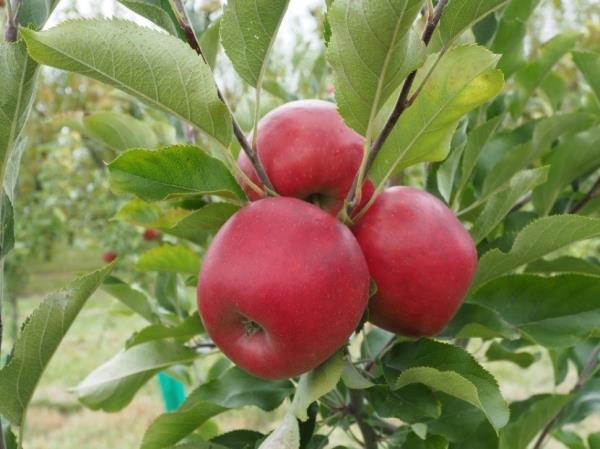Promising Results of first harvests for proprietary apple varieties in Southern Hemisphere
US Cornell University is a home to one of the world’s largest apple breeding programs that located at the New York State Agricultural Experiment Station. The program has 123 years of history and released 66 apple varieties over this time, including the Cortland apple, which turns 105 years old in 2020.
The most recent Cornell selections were patented in 2011 known by names NY1 and NY2. These introductions were trademarked under the brand names SnapDragon and RubyFrost and are exclusive to a cooperative of New York farmers within the United States and North America.
Cornell had sustainable growth in the domestic markets and was ready to bring their products to the next level and develop them into internationally recognized brands. The university contracted with Proprietary Variety Management (PVM) located in Yakima, Washington, the company that specializes in commercializing managed varieties. Through its sister-company, Brandt’s Fruit Trees, PVM is connected to an extensive network of fruit tree growing companies and commercialization programs in all major regions of the world where apples are grown.
Starting in 2016, the company began to introduce the varieties to its partners in the southern hemisphere. The New Zealand Fruit Tree Company has been licensed by PVM to test and evaluate the New York selections. Now, after the first plantings occurred in 2018, 2-year-old trees produced their first fruit for harvest in March of 2020. John Morton, CEO of NZ Fruit Tree Company, said: “We observed very promising results in the research orchards.” NY1, marketed as SnapDragon, produced fruit with a size of Gala, with juicy texture, sweet aromatic flavor and blemish free. NY2, marked as RubyFrost, with full colored, rich flavor and blemish free is proved to be highly productive in the New Zealand climate.
Even though test landings were limited in 2018, with these positive results, first commercial plantings of the SnapDrago expected in 2021 and RubyFros will follow suit in the near future.
For more information visit PVM’s website.





